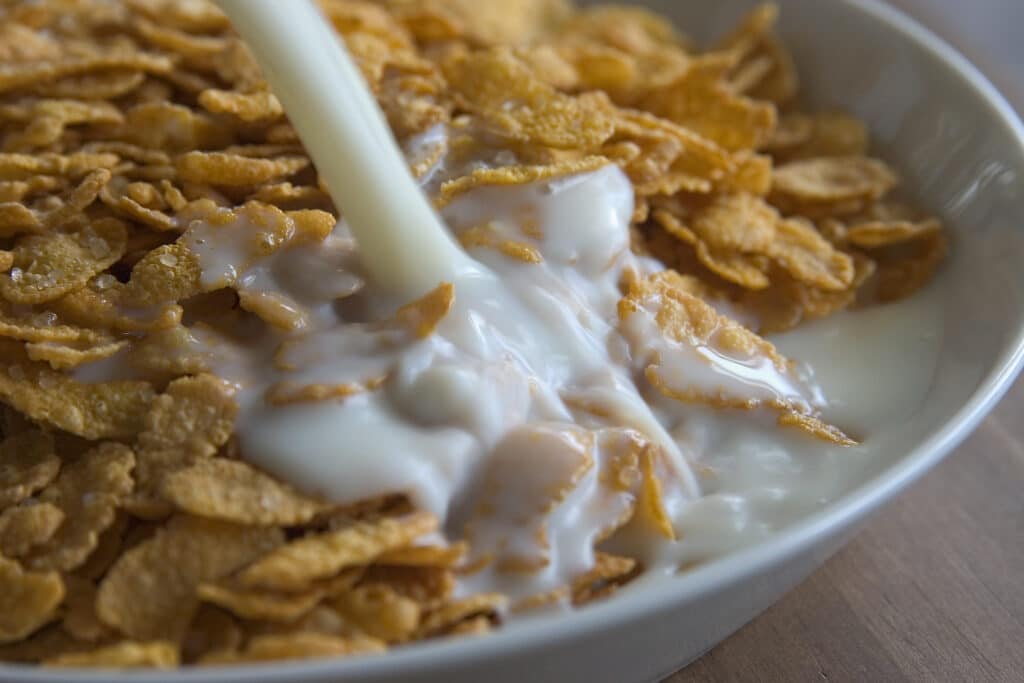What is it?
Folic acid is the synthetic (man-made) form of folate, a naturally occurring B vitamin.
Why is it important?
Folic acid is essential for a wide range of bodily functions, which is why it’s important to include in your daily diet.
First and foremost, folic acid helps the body make healthy new red blood cells, which are responsible for carrying oxygen throughout the body. If not adequately produced, the lack of red blood cells can lead to anemia.
Folic acid is also crucial for early fetal development as it prevents serious birth defects. The vitamin helps ensure proper growth of the neural tube, which forms the brain and spine, largely decreasing the risk of developing anencephaly and spina bifida. The Centers for Disease Control and Prevention (CDC) recommends that all women get 400 micrograms (mcg) of folic acid each day.
Other conditions that can be prevented and treated from folic acid are folate deficiency, depression, stroke, declining memory and thinking, and high blood levels of homocysteine (an indicator of a vitamin deficiency).
Where to get it?
Since 1998, the Food and Drug Administration (FDA) has required food manufacturers enrich and fortify flour with higher levels of folic acid than were originally present in an initiative to help combat nutrient deficiencies in the population. Additional nutrients restored through enrichment include iron, riboflavin, niacin, and thiamin. Folic acid is also available as a supplement and is commonly used in combination with other B vitamins.
Folic acid is ideal for food fortification (adding nutrients to food) because it is more stable than natural forms of folate. Folic acid can be found in the following fortified, or enriched, foods:
- Cereals
- Bread
- Pasta
- Flour
- White rice
- Cornmeal
Make sure your body is getting the folic acid it needs!

